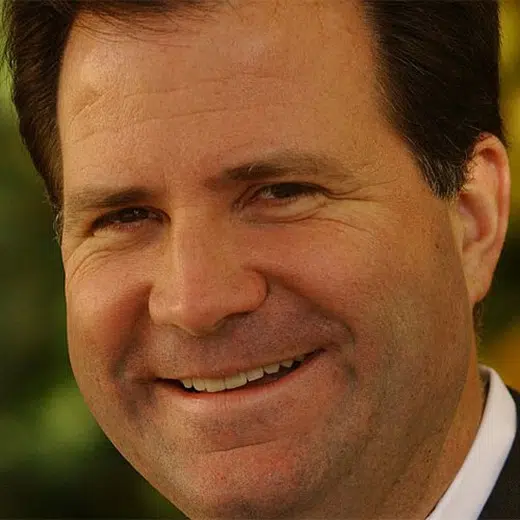FRANKFURT (Reuters) – Deutsche Bank on Thursday tightened its coal financing policies but has yet to change its criteria for the oil and gas industries, drawing criticism from climate activists.
Germany’s largest lender said it would not take as new clients corporations that generate more than 30% of revenue from coal and do not provide a “credible diversification plan”, a figure more in line with industry standards and down from a previous 50%.
The bank said it does not provide project financing for thermal coal.
Deutsche said it “plans to update its oil and gas policy” without giving a timeframe.
“Coal is a dying industry anyway so it’s not surprising banks find it in themselves to distance themselves from coal,” Kate Cahoon, a campaigner with activist 350.org, said ahead of the announcement. “We are really interested in seeing stronger commitments around oil and in particular gas.”
Deutsche Bank in recent years has marketed itself as a lender that firms can turn to as they transition to a greener future, a strategy it views as central to its own turnaround and boosting profits.
Climate activists fear that the financial industry enables industries such coal and oil to carry on polluting, and said Deutsche Bank in particular has not done enough.
In February a group of investors managing assets worth more than $1.5 trillion wrote to the bank urging it to stop directly financing new oil and gas fields this year.
The bank has previously faced pressure from Amundi and Nordea Asset Management to tighten its coal policy.
Deutsche said its financing of the oil and gas sector declined by more than 20% last year, which it attributed to the bank’s exit from Russia and its cessation of support for Russian gas companies rather than an active decision to stop financing certain providers.
This corresponded with a 28.9% fall in the carbon emissions associated with the bank’s lending to the oil and gas sector, though this was partly a consequence of rising share prices, meaning that Deutsche’s overall share of financing and emissions fell.
The International Energy Agency said in 2021 that investment in new oil, gas and coal supply projects must be halted to achieve net-zero emissions by the middle of the century.
(Reporting by Virginia Furness, Marta Orosz and Tom Sims, Editing by Friederike Heine and Barbara Lewis)






